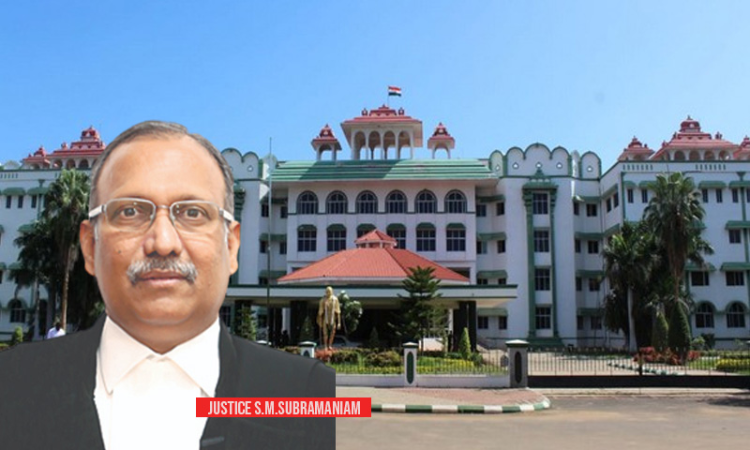Fundamental Duties Yet To Be Enforced In Real Spirit; Govt Must Come Out With A System With Enforceability Of Citizens' Duties : Madras High Court
Sparsh Upadhyay
28 Feb 2022 8:22 PM IST

Government also should come out with a clear system with enforceability of duties and citizen in general also must be insisted for performance of their duties towards the public at large: Madras High Court
Next Story


